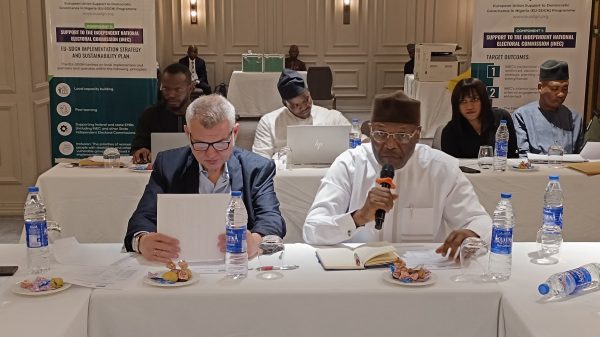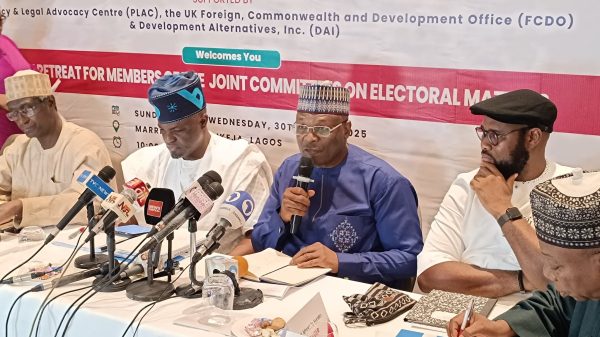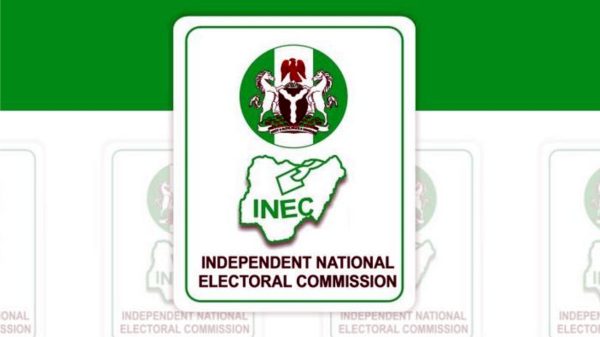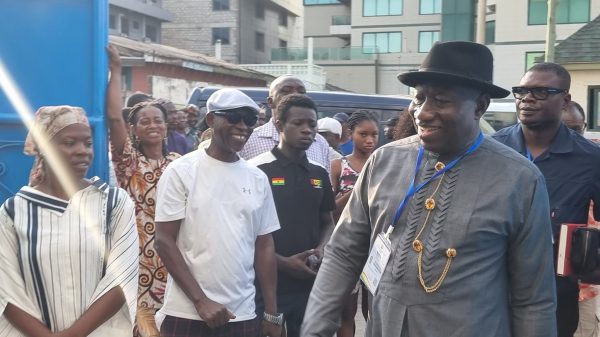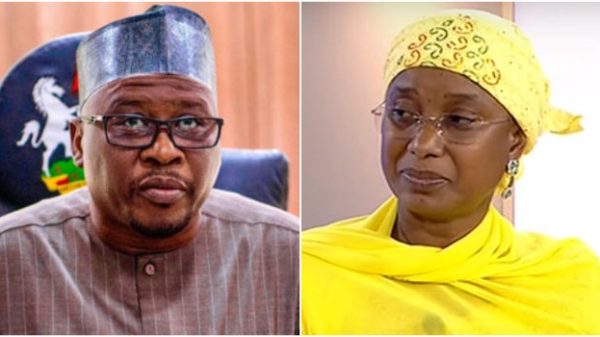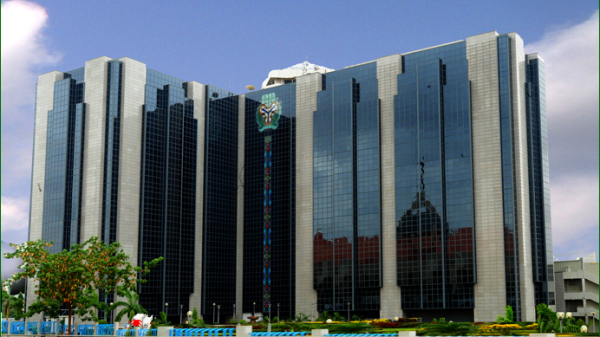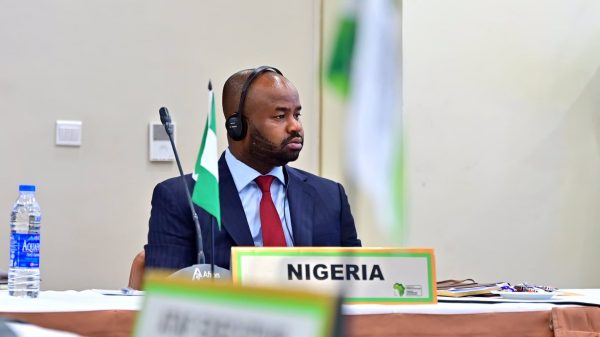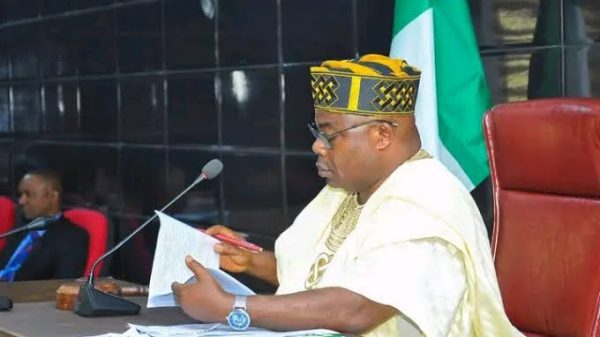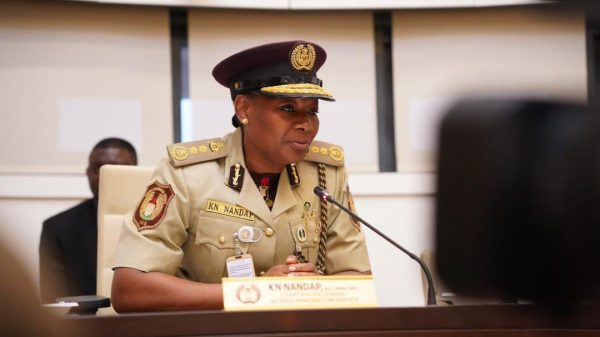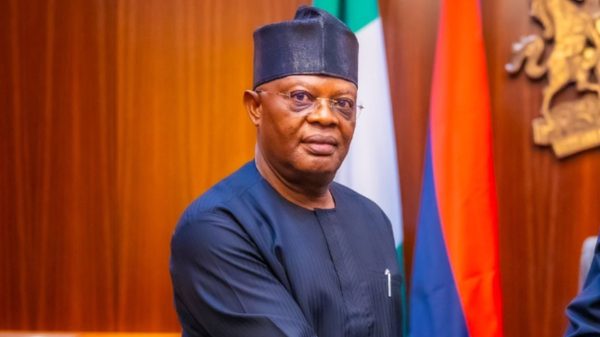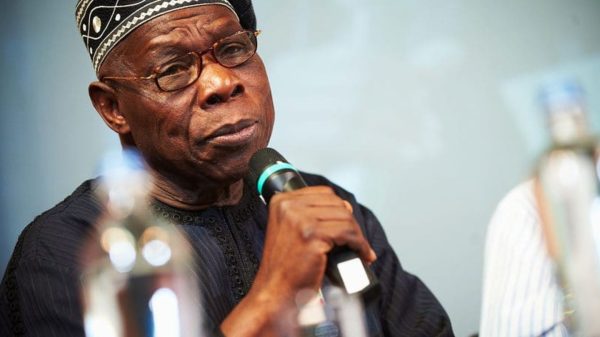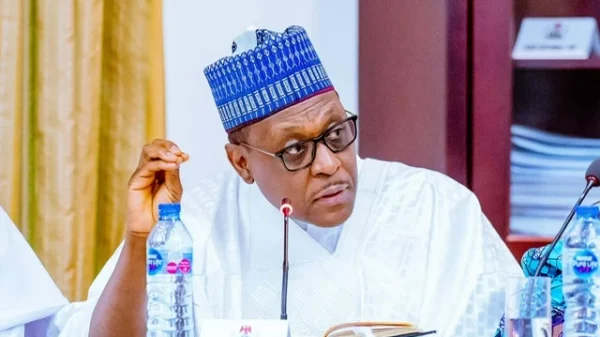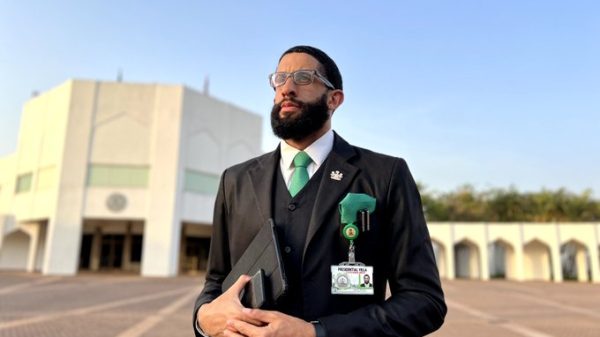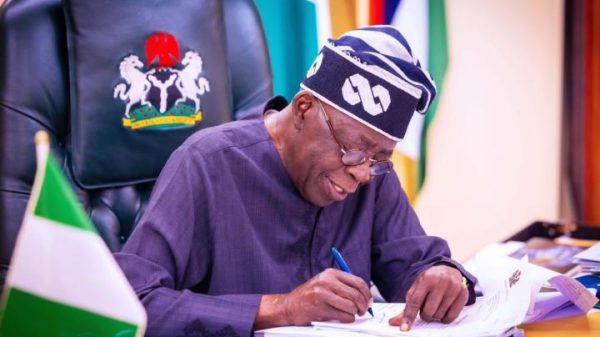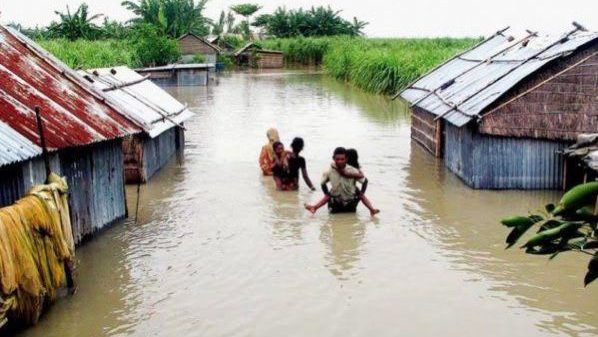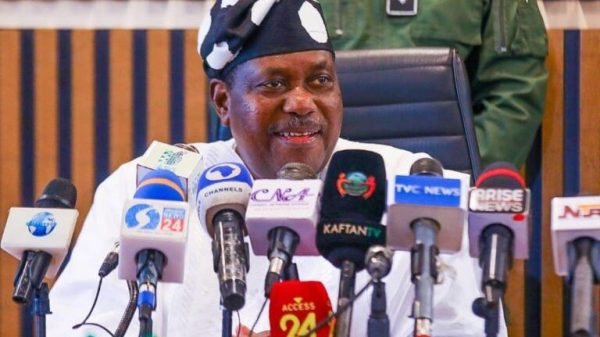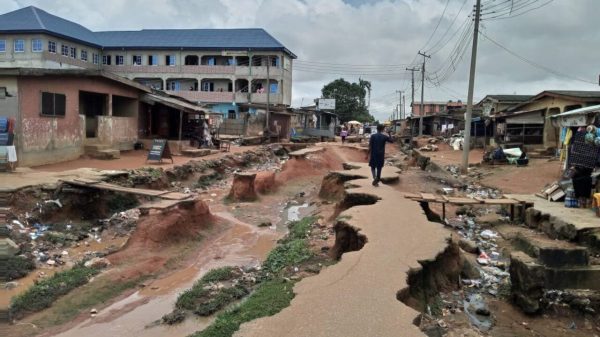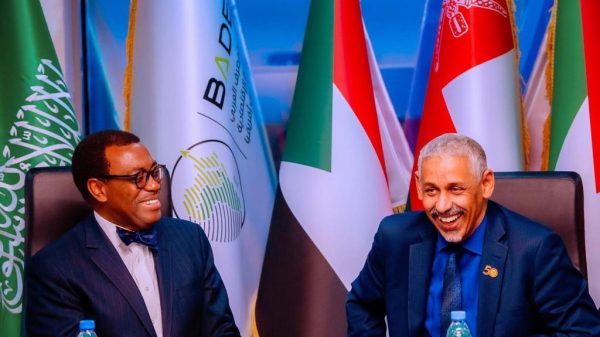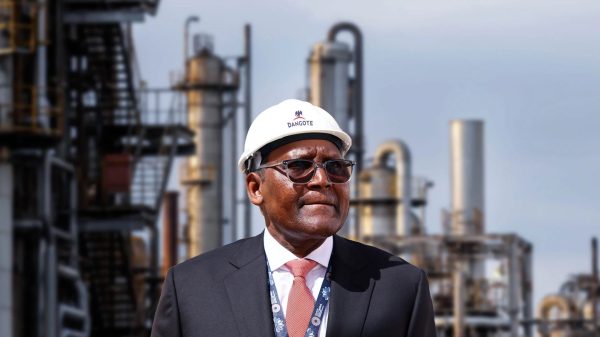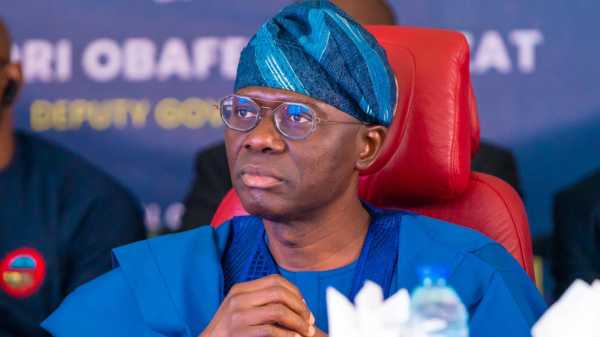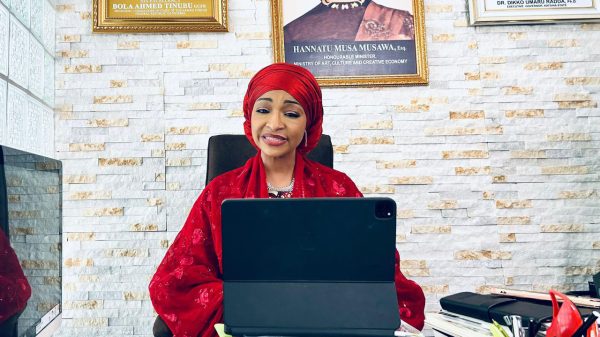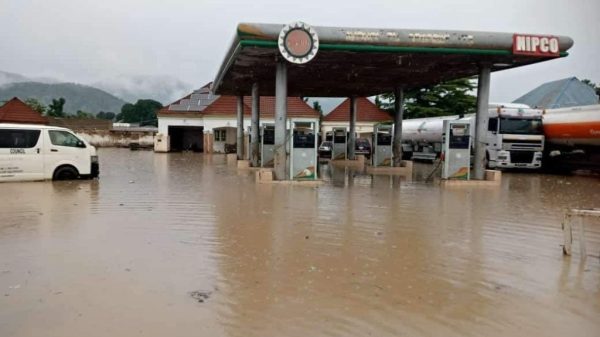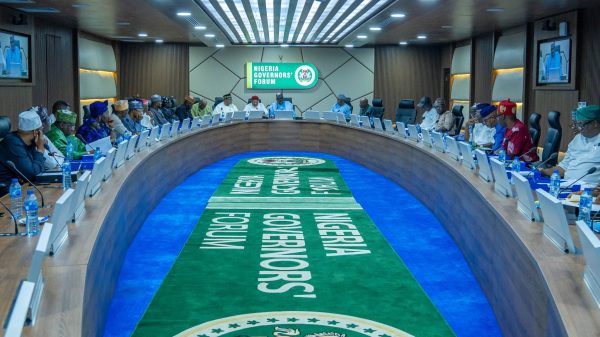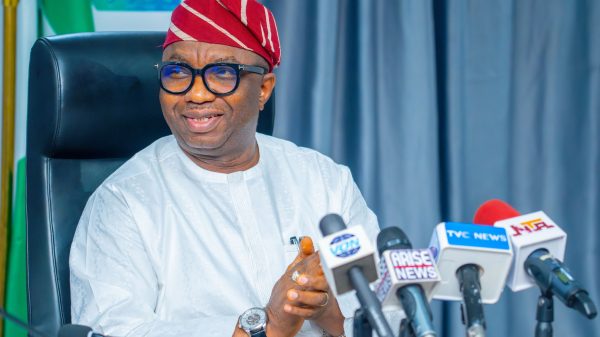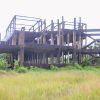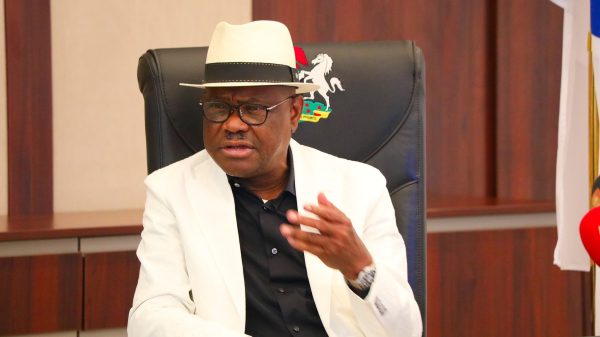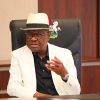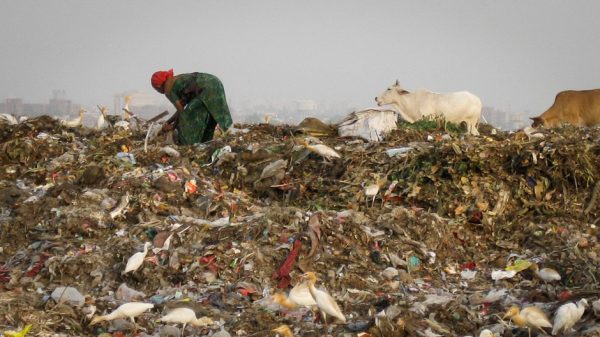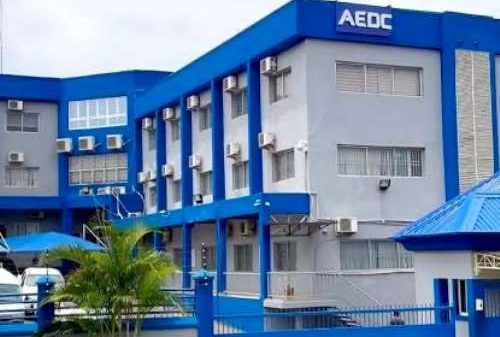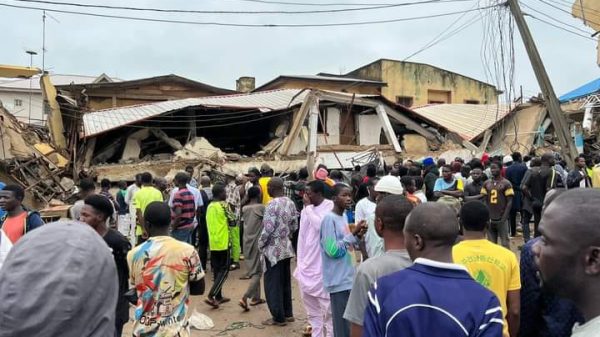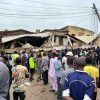Technocrat Media, Abuja
The Nigeria Civil Society Situation Room (NCSSR), a network of civil society organisations observing the ongoing Federal Capital Territory (FCT) area council elections says six key issues may affect the outcome of the polls.
NCSSR in a statement released on Saturday afternoon said reports from a network of observers and partners showed late deployment and arrival of the Independent National Electoral Commission (INEC) officials and materials across the FCT.
“In most Area Councils, INEC officials arrived at an average time of 9.30 am except Bwari and Gwagwalad area councils, where INEC officials arrived on time.”
Security
NCSSR said there is widespread confusion over restriction or no restriction of movements caused by conflicting statements of the Nigeria Police issued on the eve of the election.
The organisation noted it discovered that in some places, citizens were seen queueing for fuel at the petrol station and others carrying out their normal businesses.
It added that security officers were deployed early to various polling units.
INEC equipment
NCSSR said malfunctioning of the Bimodal Voter Accreditation System (BVAS) caused delays in the accreditation of voters and voting.
“In most places, the fingerprints did not authenticate voters and there were lots of complaints on facial detection.”.
Vote-buying
“Vote buying and selling in some of the polling units. In a particular instance at polling unit 001, JAMB Secretariat, money was thrown into the crowd in the center of the polling unit area leading to security personnel shooting in the air to disperse voters.”, NCSSR said.
It added that in polling unit 001 of ministers gate at life camp, vote-buying and selling were apparent.
Participation of PWDs
NCSSR noted there is inadequate access and a lack of assistive materials for persons with disabilities.
Voters turn-out
The situation room said there is a general low turn-out of voters and apathy was recorded in the urban areas of FCT.
NCSSR urged INEC to extend the voting period for voters to cater for the delays caused by BVAS and the late arrival of officials in some of the polling units.
Excellent journalism is expensive. It is only the same that can help to build our society and country to entrench good governance, development and ensure justice for all.
We need your support for investigative findings and special reports to demand accountable and transparent government. DONATE today to help us stay relevant to serve your quest for accurate and authentic stories.
DONATE TO 0450702364, naira OR 0657626454, USD – GTBANK
TECHNOCRAT INNOVATIONS PLUS LTD






